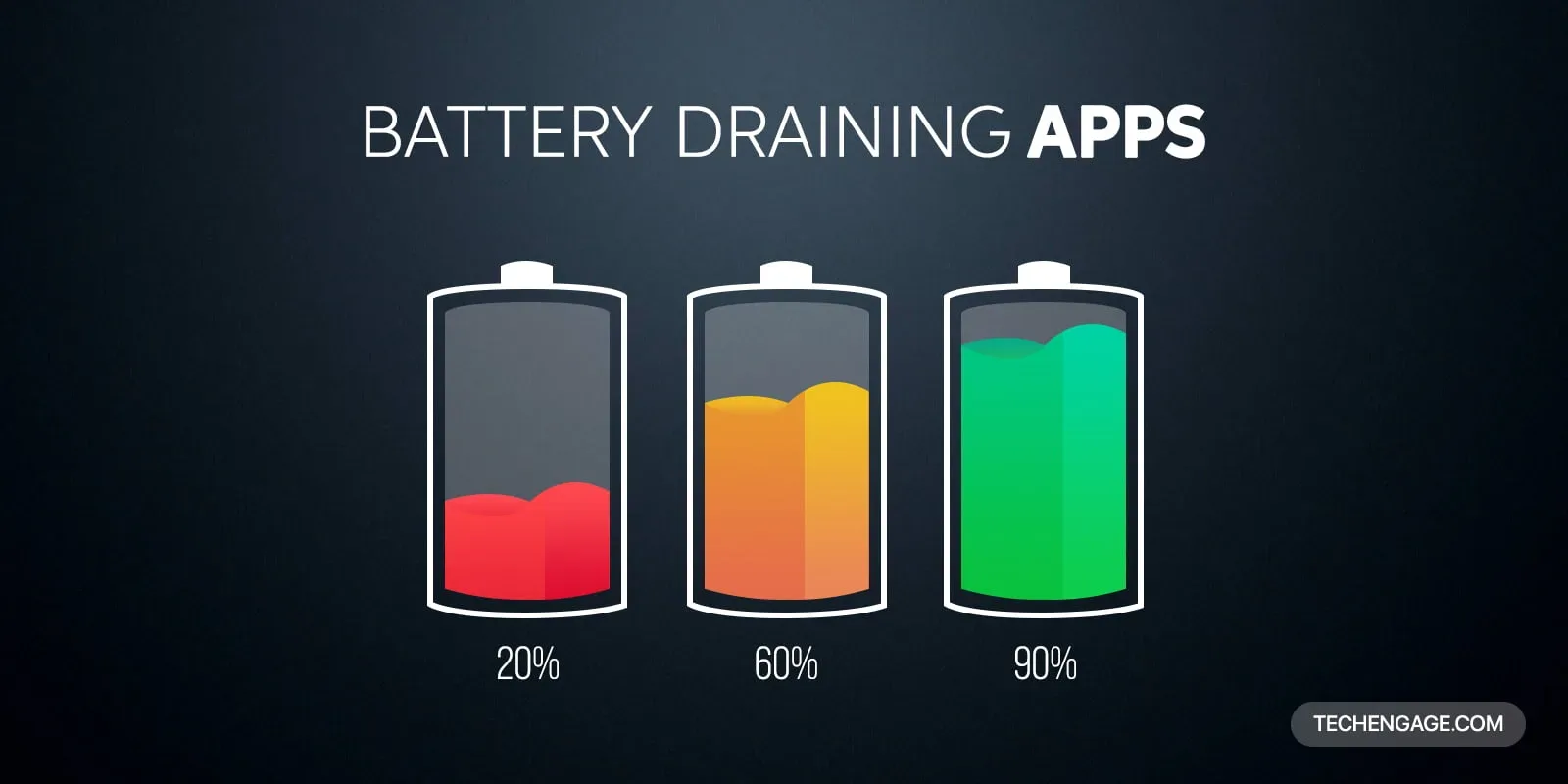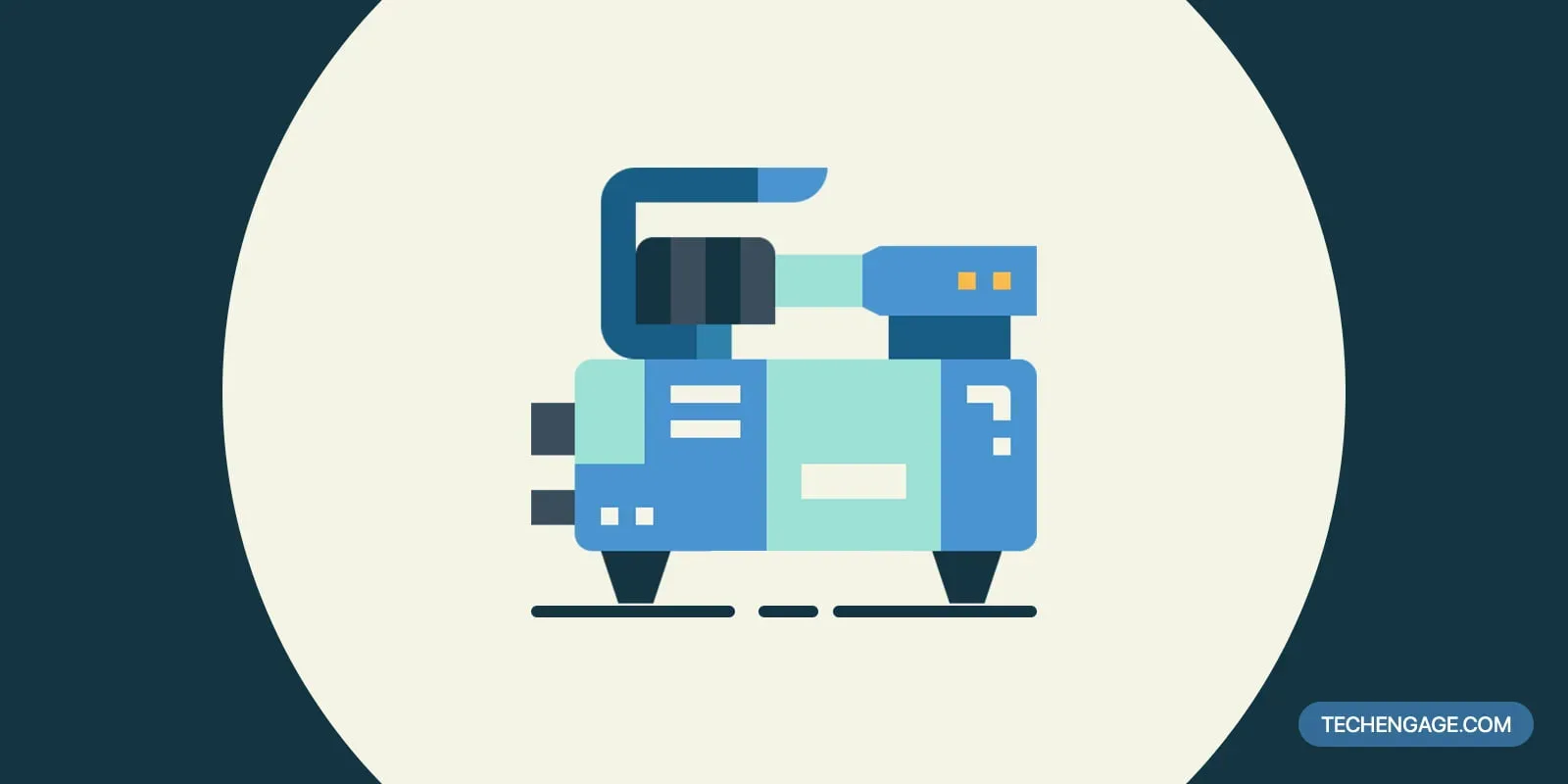It’s 11 PM, and you need to be up early for a conference call in the morning. You’re in bed, but instead of getting rest, you’re on your phone, scrolling through social media and marveling at your high school classmate’s vacation photos. By the time you do fall asleep, you only get a few hours of rest and spend the rest of the day downing cups of coffee and vowing to get more sleep that night.
If this sounds familiar, you aren’t alone. In fact, some researchers have deemed nighttime smartphone use a public health challenge, given that more than 40 percent of young adults report their cell phones to affect their sleep. According to a study in Copenhagen, Denmark, people who use technology at night get an average of 48 minutes of sleep per night less than those who don’t. Over time, those 48-minute increments can add up to substantial sleep debt — and big health problems.
Why Nighttime Technology Use Is Detrimental to Sleep
According to the Cleveland Clinic, using your phone (or a tablet) before bed sabotages your sleep and hurts your health for several reasons. First, it keeps you psychologically engaged. Even when you’re consuming positive content, like scrolling through Pinterest for recipes, your brain is “on,” and you aren’t giving it a chance to wind down and relax. The problem is even worse if what you’re reading or looking at is stressful. Checking the news or reading work emails before you go to sleep is almost guaranteed to keep you awake, as your brain then focuses on solving problems and dealing with your stress.
It’s not just what you’re looking at that disrupts your sleep, though. The phone itself actually keeps you awake. Tech devices emit blue light, which disrupts your body’s production of the sleep-inducing hormone melatonin. In short, blue light tricks your brain into thinking that it’s daytime, which in turn suppresses melatonin, and keeps you awake and going further into sleep debt.
That problem is only exacerbated by one of smart technology’s primary features: Notifications. From email chimes to news alerts and text messages from friends in different time zones, notifications keep coming into your phone all night, even when you’re asleep. If you forget to silence your phone before bed, those noises and lights can disturb your sleep, even if you don’t wake up. Technology creates a state of constant alertness, which stems from everything from the stimulation from the content you consume to the alerts themselves. This has a profound effect on your REM sleep, meaning that even if you technically get enough sleep, you aren’t getting the quality sleep your body needs.
Solving the Problem
Developing a healthier relationship with technology is the key to avoiding sleep disruption. Taking just a few beginning steps, which may seem challenging at first, can make a big difference in how much sleep you get and might even help you develop a better relationship with technology overall.
- Keep technology out of your bedroom. Putting your phone or tablet away at night somewhere other than your bedroom prevents staying up all night and mindless scrolling. If you absolutely must have your phone in the room (for instance, you have elderly parents who may need to reach you at all hours), but the device on the other side of the room out of arm’s reach.
- Use the do not disturb function. Most electronic devices have a setting that silences calls and notifications during nighttime hours, so you don’t have to power off entirely.
- Enable night mode. If your device has a nighttime mode, set it to switch on before bedtime automatically. This mode reduces the blue light coming from the screen and helps you get to sleep.
- Don’t use the phone before bed. Ideally, it would be best if you put your phone away at least two hours before you go to bed to allow your brain to ease into sleep and relaxation mode. Get into a routine of powering down and then engaging in a bedtime ritual that doesn’t involve electronics.
- Don’t reach for your phone when you can’t sleep. If you are having trouble sleeping, don’t pass the time on your phone. Instead, get out of bed and read for a bit, try some relaxation exercises, or enjoy a cup of sleep-inducing tea.
Inadequate sleep is associated with a host of health issues, from depression and anxiety to obesity and heart disease. Unfortunately, the more you use your smartphone, the more disrupted your sleep can become, and the harder it will get to fall asleep and stay asleep. Limiting your technology usage before bed, then, is key to avoiding serious sleep debt and accompanying health issues.



